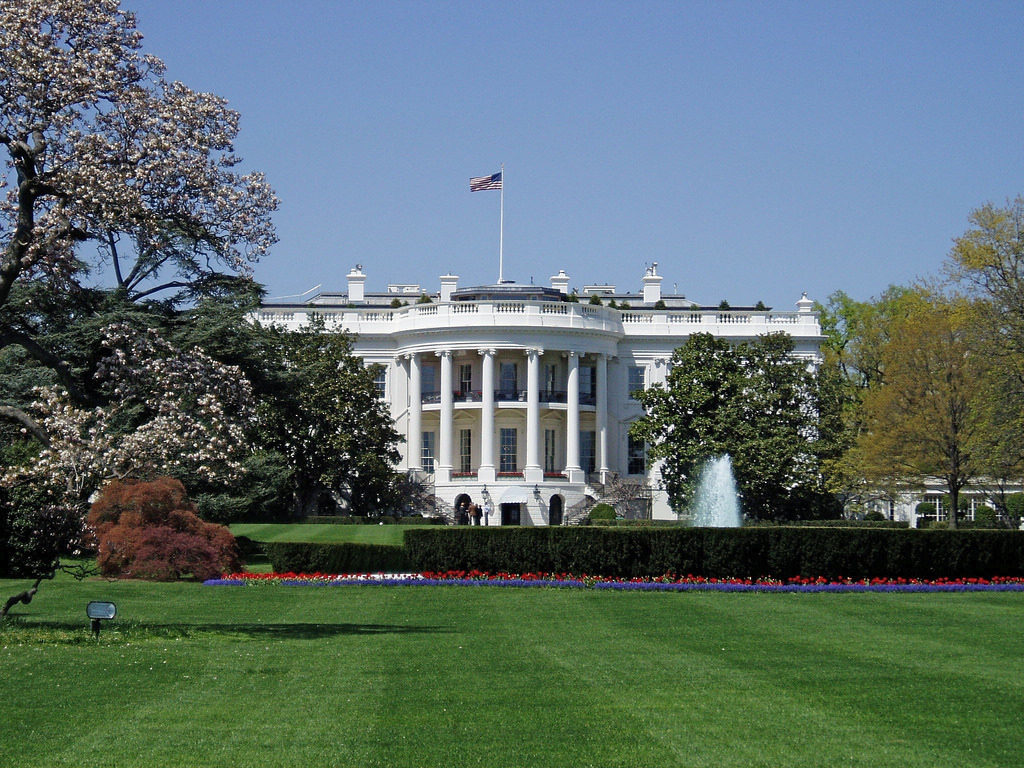Following this year’s spending increases, the U.S. federal budget deficit rose by $113 billion to $779 billion, up 17 percent to culminate in the highest level in six years when it topped $1 trillion in 2012. Although the deficit increase is $70 billion less than anticipated by government officials, the national debt is still above $21.6 trillion and climbing even as federal tax revenue collection rises.
As a percentage of the Gross Domestic Product (GDP), the deficit was 3.9 percent, 0.4 percentage points higher than in 2017, according to a news release from the Treasury Department.
Currently, defense spending, increases for Medicaid and Social Security, as well as a hike in disaster relief have contributed to the increase.
“President Trump prioritized making a significant investment in America’s military after years of reductions in military spending undermined our preparedness and national security,” said Treasury Secretary Steven Mnuchin. “Going forward the President’s economic policies that have stimulated strong economic growth, combined with proposals to cut wasteful spending, will lead America toward a sustainable financial path.”
The Treasury Department also noted that receipts related to “excise, customs and other” jumped to $35 billion in September 2018, a 35 percent year-over-year increase as stated by CNBC. It has yet to be determined how much of the aforementioned revenue relates to tariffs on imports from major U.S. trading partners.
Both the Trump Administration and Republicans in Congress have pledged to promote fiscal discipline even though the U.S. continues to overspend. For example, President Donald Trump reluctantly signed the $1.3 trillion congressional omnibus bill in March just hours before a government shutdown. Afterwards, the President said there was “no one more disappointed than me.”
“The President is very much aware of the realities presented by our national debt,” said Office of Management and Budget Director Mick Mulvaney. “America’s booming economy will create increased government revenues – an important step toward long-term fiscal sustainability. But this fiscal picture is a blunt warning to Congress of the dire consequences of irresponsible and unnecessary spending,” he added.
To reduce the federal deficit, the Trump Administration proposed earlier this year over two dozen substantial cuts to spending in various government agencies, including several environmental and educational initiatives, according to a report from The Hill.

